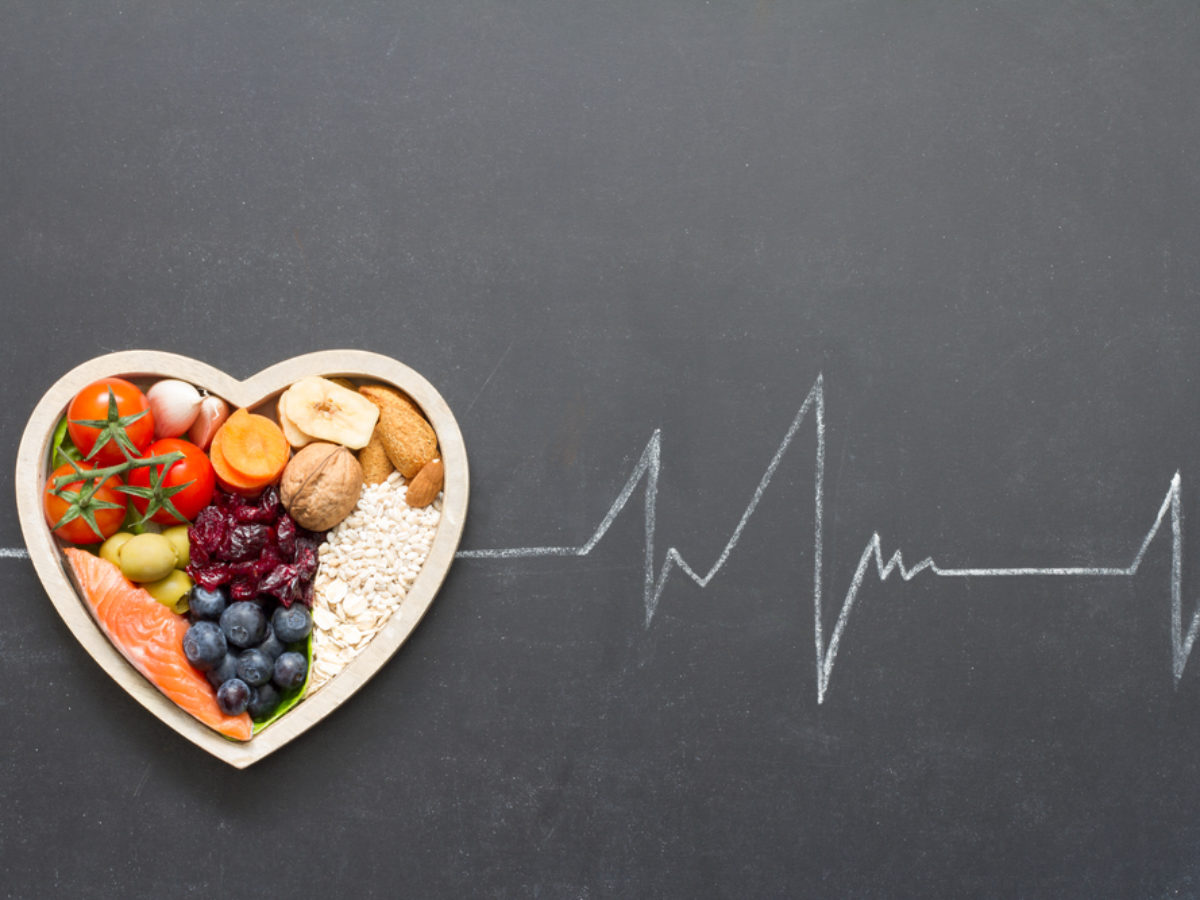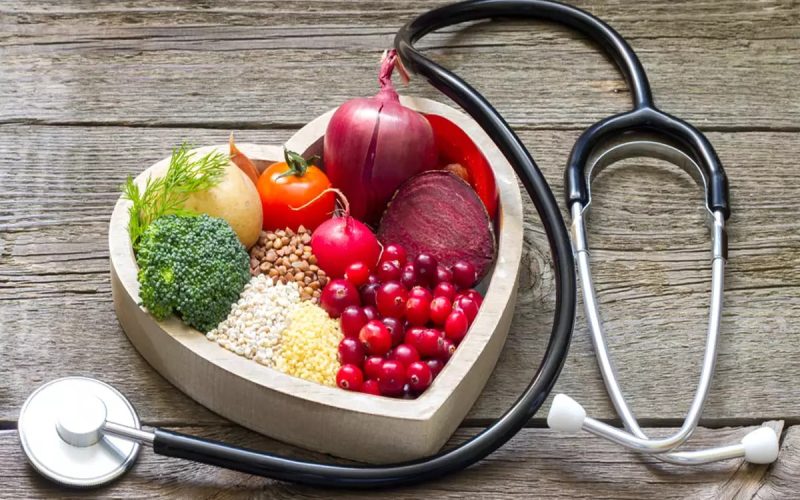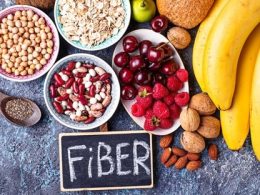In the realm of essential nutrients, few hold as much significance as Vitamin B12 for health. This powerhouse vitamin plays a crucial role in various bodily functions, impacting everything from energy levels to brain health. Let’s delve into the depths of its benefits, exploring why ensuring an adequate intake of Vitamin B12 is vital for health benefits.
What is Vitamin B12?
Vitamin B12, also known as cobalamin, is a water-soluble vitamin that belongs to the B complex family. Unlike other vitamins, Vitamin B12 is unique in that it is synthesized exclusively by bacteria and is not naturally occurring in plants. Therefore, dietary sources such as meat, fish, dairy products, and fortified foods are essential for obtaining an ample supply.

The Crucial Role of Vitamin B12 in the Body
The significance of Vitamin B12 in maintaining optimal health cannot be overstated. It serves as a coenzyme in various metabolic pathways, playing a key role in:
- Energy Production: Vitamin B12 is vital for converting food into energy, making it indispensable for combating fatigue and promoting vitality.
- Red Blood Cell Formation: Adequate levels of Vitamin B12 are necessary for the production of healthy red blood cells, thereby preventing anemia and ensuring proper oxygen delivery throughout the body.
- Brain Function: Vitamin B12 is crucial for neurological health, as it contributes to the maintenance of the myelin sheath, a protective covering of nerve fibers. This helps in preserving cognitive function and reducing the risk of neurodegenerative diseases.
- DNA Synthesis: Vitamin B12 is involved in the synthesis of DNA, the genetic material present in all cells. This process is essential for cell replication and repair, highlighting the importance of Vitamin B12 in growth and development.
Health Benefits of Vitamin B12
- Boosts Energy Levels: By aiding in the metabolism of carbohydrates and fats, Vitamin B12 helps convert food into usable energy, combating fatigue and promoting vitality.
- Supports Heart Health: Adequate intake of Vitamin B12 is associated with lower levels of homocysteine, an amino acid linked to an increased risk of heart disease. By regulating homocysteine levels, Vitamin B12 promotes cardiovascular health.
- Enhances Mood and Mental Well-being: Vitamin B12 plays a crucial role in the synthesis of neurotransmitters such as serotonin and dopamine, which are involved in regulating mood and promoting feelings of well-being. Adequate levels of Vitamin B12 have been linked to a reduced risk of depression and anxiety.
- Promotes Healthy Skin, Hair, and Nails: Vitamin B12 supports the regeneration of skin cells and the production of collagen, a protein that provides structure to the skin, hair, and nails. Incorporating sufficient Vitamin B12 into your diet can help maintain healthy skin, hair, and nails.
FAQs About Vitamin B12
Q: Can Vitamin B12 deficiency lead to serious health problems? A: Yes, prolonged deficiency of Vitamin B12 can lead to serious health complications such as anemia, neurological disorders, and even irreversible nerve damage.
Q: Who is at risk of Vitamin B12 deficiency? A: Individuals following a vegan or vegetarian diet, older adults with reduced stomach acid production, individuals with gastrointestinal disorders such as Crohn’s disease or celiac disease, and those who have undergone certain weight-loss surgeries are at a higher risk of Vitamin B12 deficiency.
Q: What are the best food sources of Vitamin B12? A: Animal products such as meat, fish, poultry, eggs, and dairy products are excellent sources of Vitamin B12. Fortified foods such as breakfast cereals, plant-based milk alternatives, and nutritional yeast are also good sources for individuals following a vegetarian or vegan diet.
Q: Can Vitamin B12 supplements be beneficial? A: Yes, for individuals at risk of deficiency or those with specific health conditions that may impair Vitamin B12 absorption, supplements can be a valuable tool to ensure adequate intake. However, it’s essential to consult a healthcare professional before starting any supplement regimen.
Q: How much Vitamin B12 do I need daily? A: The recommended dietary allowance (RDA) for Vitamin B12 varies depending on age, sex, and life stage. For adults, the RDA is 2.4 micrograms per day. Pregnant and breastfeeding women may require higher doses.

Conclusion
Vitamin B12 is undeniably a vital nutrient for overall health and well-being. From bolstering energy levels to supporting heart health and cognitive function, its benefits are far-reaching. By incorporating Vitamin B12-rich foods into your diet or considering supplementation when necessary, you can ensure that your body receives the nourishment it needs to thrive. Remember, when it comes to Vitamin B12, a little goes a long way in safeguarding your health.










